Analysis of Fungal Decomposition Wood Based on Logistics-Volterra Model
DOI: 10.23977/erej.2023.070603 | Downloads: 23 | Views: 1513
Author(s)
Siyuan Chen 1, Yifan Liu 1
Affiliation(s)
1 School of Mathematics and Physics, Beijing University of Chemical Technology, Beijing, China
Corresponding Author
Siyuan ChenABSTRACT
As an important component of the geochemical cycle, carbon cycle is mainly composed of the decomposition of plant material and woody fibers, which is mainly completed by fungi. The traits of fungi and the interaction between various fungi will affect the decomposition rate, and then affect the process of carbon cycle. Therefore, it is of great significance to study the decomposition process of ground litter and wood fibers. Based on Logistic Model and Volterra Model, this paper mainly studied the relationship between the decomposition process of ground litter and woody fibers and the traits of fungi, environment and biodiversity. The decomposition rate of fungi to ground litter and woody fibers is related to some traits of fungi. We mainly focus on the growth rate and moisture tolerance of fungi. On the basis of Volterra Model, we add the logistic term, building the Logistic- Volterra Model. At the same time, we also introduce environmental temperature and humidity into the model. In the model, the decomposition ability of fungi to ground litter and woody fibers is related to temperature, and the death rate of fungi is related to humidity According to the model, we analyzed the change trend of the mass of ground litter and woody fibers and the overall length of hyphae with time.
KEYWORDS
Fungal, Logistics Model, Volterra Model, WoodCITE THIS PAPER
Siyuan Chen, Yifan Liu, Analysis of Fungal Decomposition Wood Based on Logistics-Volterra Model. Environment, Resource and Ecology Journal (2023) Vol. 7: 21-26. DOI: http://dx.doi.org/10.23977/erej.2023.070603.
REFERENCES
[1] Zhenzhen W, Yingjie Wu, et al. Stability analysis of interactive development between manufacturing enterprise and logistics enterprise based on Logistic-Volterra model [J].Journal of Computer Applications, 2018.
[2] Lian Bin, Hou Weiguo. The role of fungi in carbon cycle of terrestrial ecosystem [J]. Quaternary Sciences, 2011, 31(03): 491-497.
[3] Smieja J, Swierniak T A .analysis of a class of infinite dimensional systems based on model decomposition [J]. 2019. DOI:10.3182/20050703-6-cz-1902.00172.
[4] D. S. Maynard et al., Consistent trade-offs in fungal trait expression across broad spatial scales. Nat. Microbiol. 4, 846853 (2019).
[5] Nicky Lustenhouwer, Daniel S. Maynard, Mark A, et al., A trait-based understanding of wood de- composition by fungi [J]. Proceedings of the National Academy of Sciences, 2020 (prepublish).
[6] Khouaja A, Garna T,José Ragot, et al. Constrained predictive control of a SISO nonlinear system based on third-order S-PARAFAC Volterra models [J]. Transactions of the Institute of Measurement and Control, 2017. DOI: 10.1177/0142331215627005.
| Downloads: | 6154 |
|---|---|
| Visits: | 496628 |
Sponsors, Associates, and Links
-
International Journal of Geological Resources and Geological Engineering
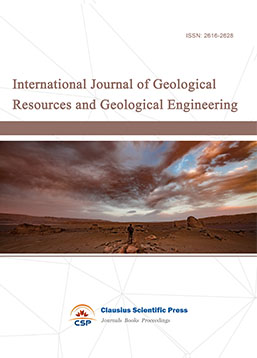
-
Big Geospatial Data and Data Science
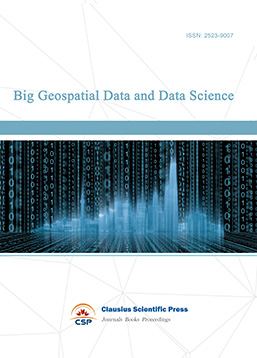
-
Solid Earth and Space Physics
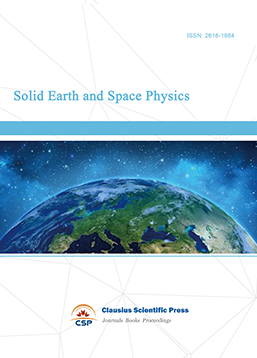
-
Environment and Climate Protection
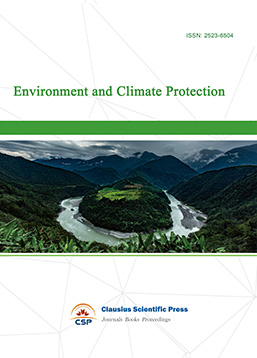
-
Journal of Cartography and Geographic Information Systems
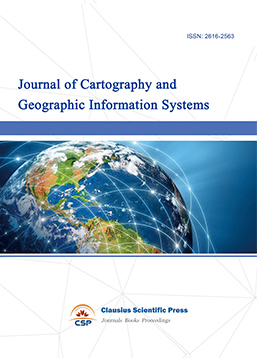
-
Offshore and Polar Engineering
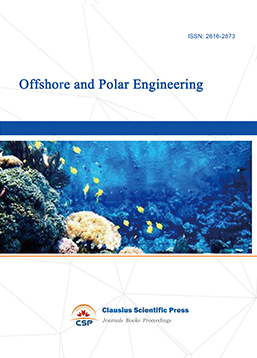
-
Physical and Human Geography
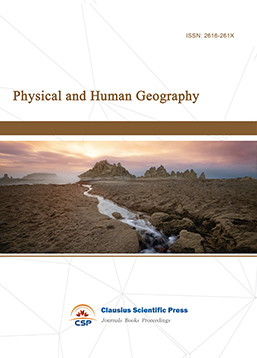
-
Journal of Atmospheric Physics and Atmospheric Environment
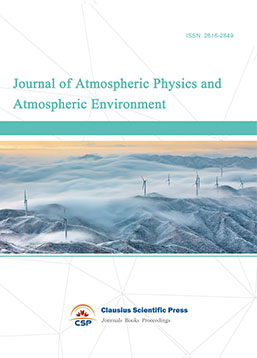
-
Trends in Meteorology
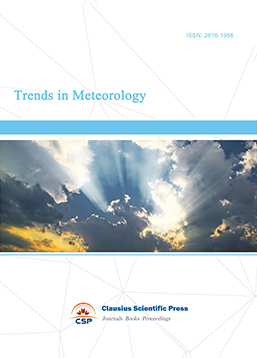
-
Journal of Coastal Engineering Research
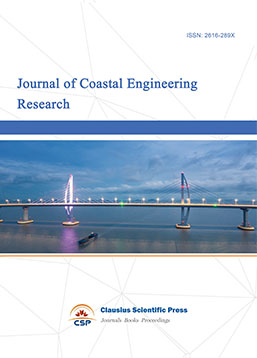
-
Focus on Plant Protection
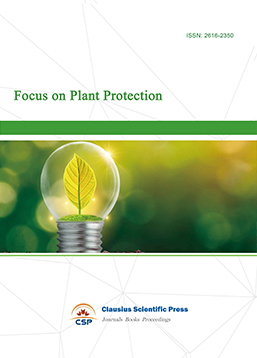
-
Toxicology and Health of Environment
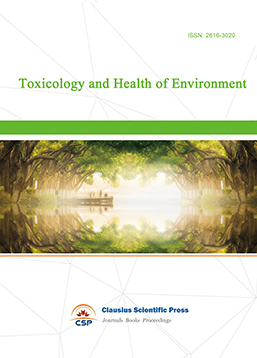
-
Geoscience and Remote Sensing
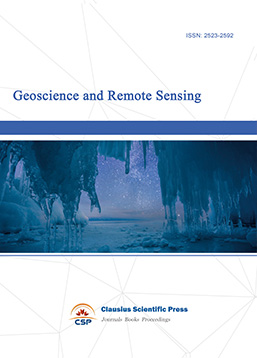
-
Advances in Physical Oceanography
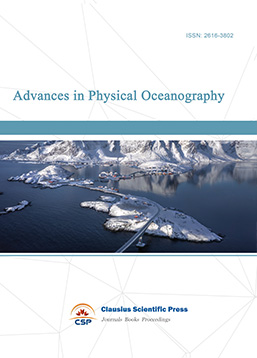
-
Biology, Chemistry, and Geology in Marine
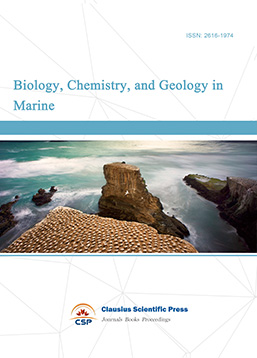
-
Water-Soil, Biological Environment and Energy
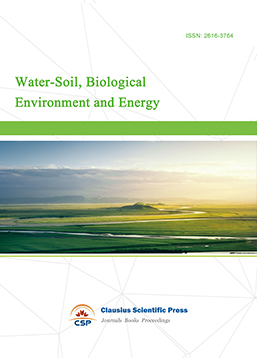
-
Geodesy and Geophysics
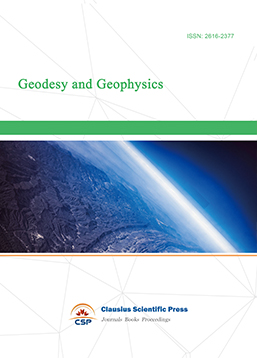
-
Journal of Structural and Quaternary Geology
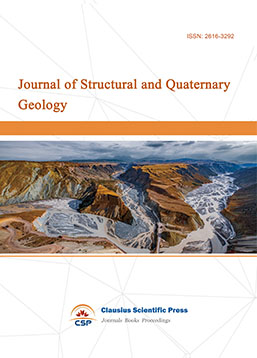
-
Journal of Sedimentary Geology
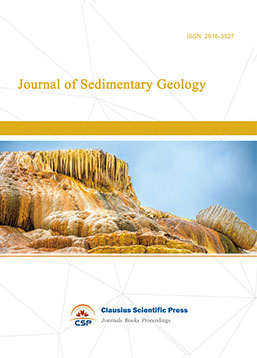
-
International Journal of Polar Social Research and Review
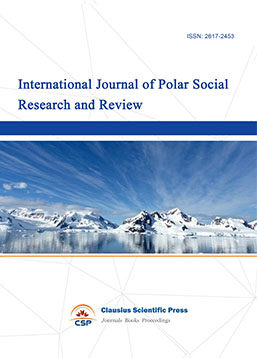

 Download as PDF
Download as PDF